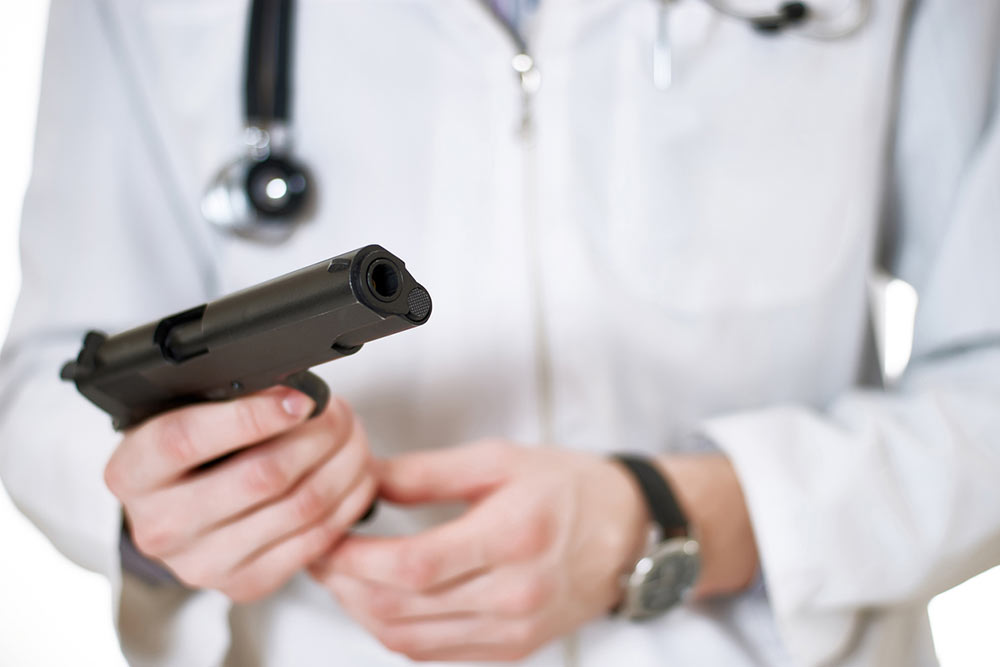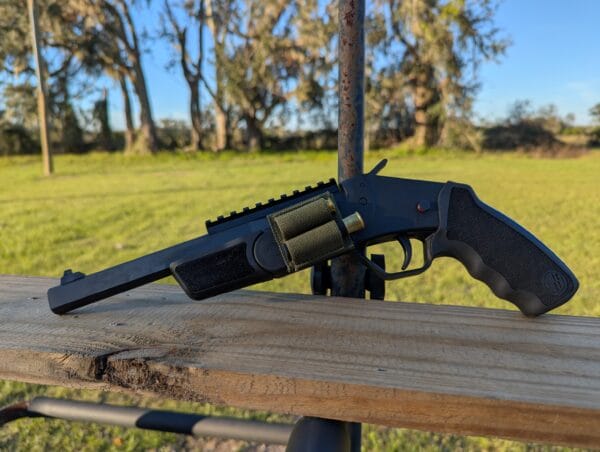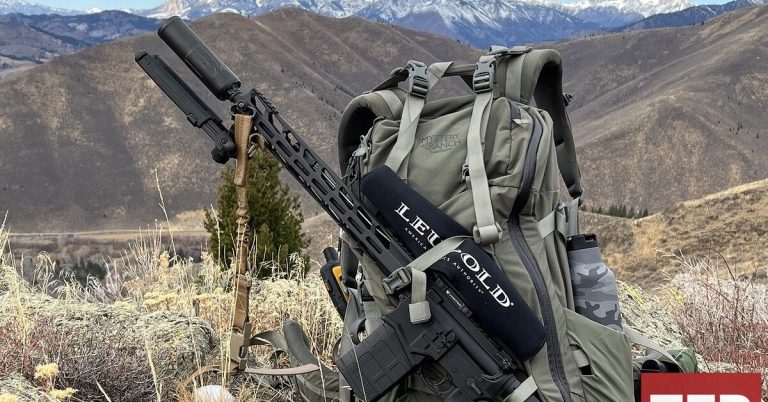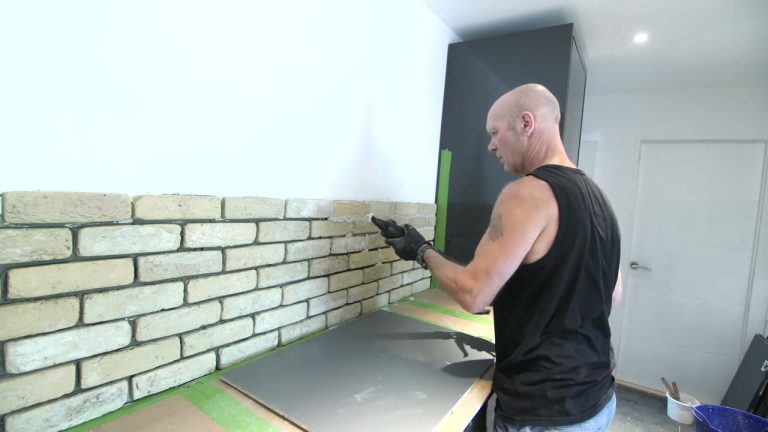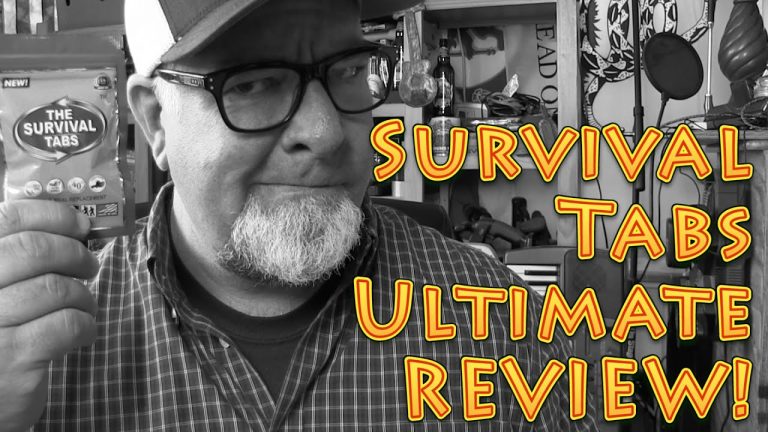An April 1 article in The Atlantic reveals what appears to be a newly re-energized effort by the medical community to stick its stethoscope where it doesn’t belong: In your gun safe.
Headlined “The Doctor Will Ask About Your Gun Now,” the 1,793-word report by The Atlantic’s Nancy Walecki opens by discussing Northwell Health, which “is part of a growing movement of health-care providers that want to talk with patients about guns like they would diet, exercise, or sex—treating firearm injury as a public-health issue.” Northwell Health, the article explains, is New York State’s “largest health system.” The Atlantic article notes how everyone coming into “select” emergency rooms are asked about gun access “and offers locks to those who might need them.”
“In the past few years, the White House has declared firearm injury an epidemic,” Walecki writes, “and the CDC and National Institutes of Health have begun offering grants for prevention research. Meanwhile, dozens of medical societies agree that gun injury is a public-health crisis and that health-care providers have to help stop it.”
American gun owners were warned about this even before it happened. Doctors for Responsible Gun Ownership (DRGO), a project of the Second Amendment Foundation, calls this a “boundary violation.”
A narrative on the DRGO website opens: “Imagine this scenario: you visit your doctor for back pain. Your doctor asks if you have firearms in your home. Then he announces that your family would be better off (especially your children) if you had no guns at all in your house. You leave the doctor’s office feeling uneasy, wondering what guns have to do with your backache. Does your doctor care about your family’s safety? Or instead, did he use your trust and his authority to advance a political agenda?”
DRGO was founded in 1994 in response to what it called a “culture war” within the medical community against gun owners. When Dr. Timothy Wheeler, DRGO founder, wrote about boundary violations some years ago, he cautioned, “It’s no accident that doctors’ or health plans’ questions about guns in your home have become routine. In the 1980s and 1990s medical professional organizations declared a culture war on gun ownership in America. The American Academy of Pediatrics (AAP) developed an official policy (2012 version here) urging pediatricians to probe their young patients’ parents about guns in their homes.”
Over the years, DRGO representatives, including Wheeler and Dr. John Edeen, have appeared several times at the annual Gun Rights Policy Conference, sponsored by SAF and its sister organization, the Citizens Committee for the Right to Keep and Bear Arms. Wheeler is now retired.
In a telephone conversation, Edeen told Ammoland News that doctors who attempt to provide gun safety advice could be challenged by asking whether their insurance company knows they are providing information outside their field. This could lead to legal trouble for a doctor if a patient, following faulty advice, has a mishap involving a firearm, he intimated.
According to The Atlantic, a “smattering” of studies has revealed doctors, and especially pediatricians, really don’t talk to patients about firearms safety. A 2019 study revealed less than eight percent of firearm owners said their physicians broached the subject. An abstract noted, “The National Firearms Survey included 4030 adult respondents, all of whom lived in homes with firearms (completion rate, 65%); 4011 answered all firearm safety questions. Of all respondents, 7.5%…had ever discussed firearm safety with a provider…”
On its website, DRGO has an entire section about what gun owners can do if their doctor starts asking questions about guns in the home.
“Either way,” DRGO says, “it is important for people to know some very important facts:
- Doctors receive absolutely no training about firearm safety, mechanics, or tactics in medical school or residency. They are completely unqualified by their training to advise anyone about guns.
- Gun ownership is a civil right. A doctor’s abuse of his position of trust to pressure you to give up that civil right is professionally and morally wrong. In some states, it is illegal. You DO NOT have to tolerate it.
- You, as a consumer, have great power in the doctor-patient relationship. Do not be afraid to use it.”
Even before Joe Biden walked into the Oval Office more than three years ago, it was clear his presidential agenda included a new offensive on guns and gun owners. His administration has embraced the notion that gun injuries are a “public health issue.”
About midway through her Atlantic article, Walecki notes how some states have “toyed with laws that curtail doctors’ ability to talk with patients about firearms.” She mentions a Florida law passed in 2011 and later struck down by a federal court.
Perhaps the first question for a physician who starts asking about guns in the home should be, “Are you a certified firearms instructor?” Edeen said a doctor should be quizzed about his or her qualifications to provide firearms safety advice during any kind of a visit.
Walecki refers in her piece to a 2016 study which said that about half of gun-owning patients “agree that it’s sometimes appropriate for a doctor to talk with them about firearms.” An abstract of that report said participants were asked whether it is “never, sometimes, usually or always appropriate” for physicians to ask about guns. A majority said it is “at least sometimes appropriate.”
But such discussions must have some context, the article acknowledges. Visiting a doctor about a knee injury or a back pain probably would be awkward if it involves a conversation about guns.
On its website, DRGO even notes, “We’re not talking about a doctor who casually talks with you about guns out of a common interest you both may have. If you and your doc get to comparing notes about your favorite hunting rifles or latest trip to the gun range, that is a world apart from a calculated effort to prejudice you against gun ownership.”
The bottom line is whether discussions about firearms in the home, and how they may be stored, is any business of a physician. Walecki’s article notes, “Securely storing a gun is fundamental to the National Rifle Association’s safety rules, but as of 2016, only about half of firearm owners reported doing so for all of their guns.”
But the question remains: Is this any of your doctor’s business? In Dr. Edeen’s opinion, the answer is “No.”
About Dave Workman
Dave Workman is a senior editor at TheGunMag.com and Liberty Park Press, author of multiple books on the Right to Keep & Bear Arms, and formerly an NRA-certified firearms instructor.








